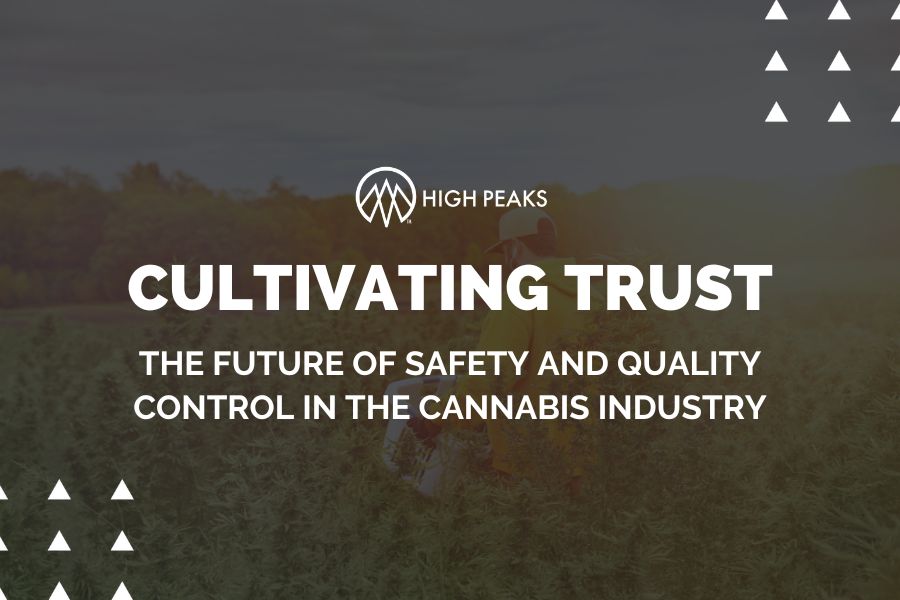
Cannabis and Wearable Tech: Monitoring Consumption and Effects in Real-Time
In today’s society, the responsible use of cannabis is becoming increasingly important. With the recent legalization of cannabis in many

As we witness growth of the cannabis industry, the importance of robust safety and quality control measures has never been more vital. Meeting the expectations of discerning consumers and navigating the complex regulatory landscape require a strong commitment to product safety, efficacy, and consistency. In this article, we take a look into the emerging trends and state-of-the-art technologies that are poised to elevate safety and quality control standards in the cannabis sector, securing its bright and sustainable future.
The evolution of testing and screening technologies has made it possible to detect contaminants, such as pesticides, heavy metals, and residual solvents, with greater precision and accuracy. These cutting-edge tools not only help manufacturers maintain a high level of product safety but also provide valuable data for refining cultivation and extraction processes.
One such technology is high-performance liquid chromatography (HPLC), which separates and quantifies individual cannabinoids, terpenes, and other compounds in cannabis products. Another promising innovation is mass spectrometry, which can identify the presence of contaminants at incredibly low concentrations, ensuring that only the purest products reach consumers.
As the cannabis industry matures, standardization and certification will play a crucial role in building consumer trust and ensuring consistent quality across the market. Industry-wide safety and quality standards can help manufacturers and cultivators adhere to best practices and maintain a level playing field.
The development of comprehensive guidelines, such as those established by the American Herbal Products Association (AHPA) and the American Society for Testing and Materials (ASTM), is a step in the right direction. These organizations work to provide best practices, certifications, and standard operating procedures to guide the cannabis industry in the production of safe and high-quality products. As these standards become widely adopted, consumers will benefit from increased transparency and a greater level of confidence in the products they purchase.
Blockchain technology has the potential to revolutionize the cannabis industry by providing an immutable, transparent, and tamper-proof record of transactions from seed to sale. By integrating blockchain into the supply chain, manufacturers and cultivators can enhance traceability, ensuring that every product is accountable and transparent at every stage of the process.
This enhanced traceability allows consumers to verify the origin, cultivation methods, and testing results of their cannabis products, thus promoting confidence in the product’s safety and quality. Furthermore, blockchain can help regulators monitor and enforce compliance more effectively, thereby reducing the risk of product recalls, adulteration, and counterfeiting.
The future of safety and quality control in the cannabis industry hinges on the adoption of advanced technologies, standardization, and the implementation of innovative solutions like blockchain. As the industry continues to evolve and grow, these measures will foster trust, transparency, and confidence among consumers and regulators alike. By prioritizing safety and quality control, cannabis manufacturers and cultivators will not only protect their customers but also secure the long-term success and stability of this rapidly expanding industry.

In today’s society, the responsible use of cannabis is becoming increasingly important. With the recent legalization of cannabis in many

As the cannabis industry continues to grow and evolve, new technologies are emerging to enhance the shopping and education experience.

The cannabis industry is booming, with legal and medical cannabis becoming more widely accepted and available. However, concerns over product